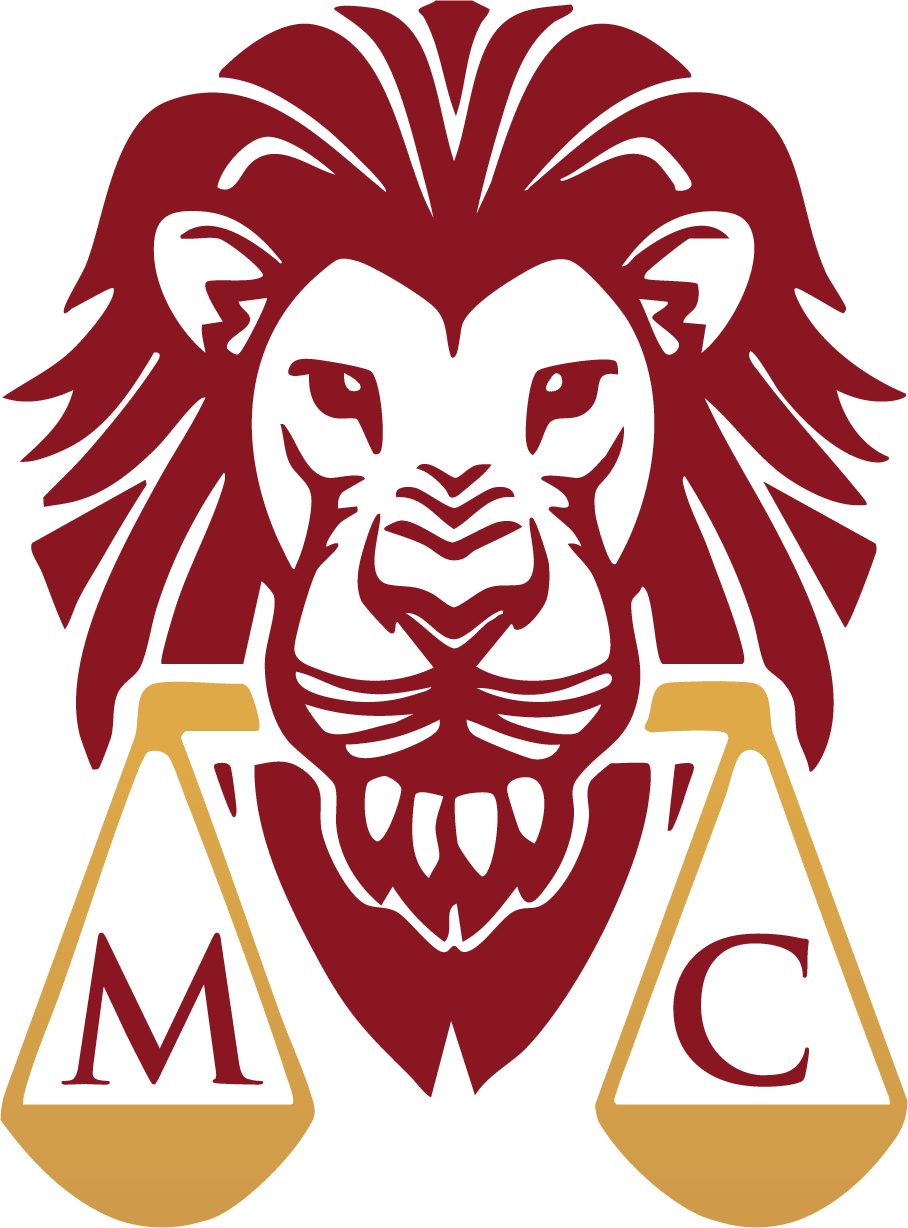

Detroit Michigan probate law governs the legal process of settling an individual’s estate after death. In the context of probate proceedings, Michigan has specific regulations and requirements that may differ from other states. Understanding these nuances is crucial in ensuring a smooth probate administration. Local probate courts in Detroit oversee the probate cases and ensure the proper distribution of assets according to the decedent’s will or state law. Executors, named beneficiaries, and heirs need to navigate the intricacies of Detroit Michigan probate law to adhere to the legal process diligently and efficiently. Community Law Authority (CLAW) can provide expert guidance in handling probate matters in Detroit, Michigan.
Probate can present various challenges and complexities, especially in cases involving guardianship and conservatorship. These challenges arise when individuals become unable to make decisions for themselves due to incapacitation.
Guardianship refers to the legal process of appointing a guardian to make decisions on behalf of an incapacitated individual. It involves filing a court case and presenting evidence of the individual’s incapacity. Navigating guardianship can be challenging as it requires gathering medical and legal documentation, presenting evidence in court, and ensuring the best interests of the incapacitated individual are protected. It is essential to work with an attorney experienced in guardianship cases like Community Law Authority to navigate the legal process effectively and advocate for the needs and rights of the incapacitated individual.
Navigating the appointment of conservators can present significant challenges in ensuring the protection of individuals. Legal procedures and documentation requirements can be complex, especially when dealing with substantial assets or intricate family dynamics. It is crucial to address concerns regarding the authenticity of the appointment and the intended beneficiaries’ interests. Additionally, conflicting perspectives among family members or close relatives can further complicate the process. Understanding the value of the estate and the rights of survivors is essential in these scenarios. Overcoming these challenges often necessitates careful navigation of state laws and court procedures to appoint a suitable conservator for effective protection and management of assets.
At Community Law Authority, we provide comprehensive probate solutions to assist individuals and families in managing the complexities of the probate process. Our experienced team of probate attorneys understands the intricacies of probate law and can guide clients through each step of the process.
We offer a range of services, including:
Guardian selection for minors and incapacitated individuals
Protective orders for one-time events
Assistance with probate administration and personal representative duties
Legal procedures for guardianship and conservatorship cases
With our expertise and personalized approach, we strive to provide efficient and effective solutions that meet the unique needs of each client. Contact Community Law Authority today to discuss your probate needs and find the right solutions for you.
When it comes to the well-being and care of minors or incapacitated individuals, the selection of an appropriate guardian is of utmost importance. A guardian is responsible for making decisions in the best interest of the individual and ensuring their safety, health, and overall welfare.
The process of selecting a guardian involves careful consideration of various factors, including:
Working with an experienced probate attorney can help ensure that the selection of a guardian is done according to the legal requirements and in the best interest of the minor or incapacitated individual.
In certain situations, individuals may require protective orders for one-time events. These protective orders are court orders issued to prevent harm or protect an individual’s rights in specific circumstances. Some common examples of one-time events that may require protective orders include:
Protective orders for one-time events are essential to ensure the safety and well-being of the individuals involved. Consulting with a probate attorney can provide guidance on the process of obtaining protective orders and the legal remedies available in specific situations.
Probate is the legal process of administering the estate of a deceased person, ensuring their assets are distributed correctly. The probate process involves several steps, initiating with filing a petition in the local probate court, usually where the deceased resided. The court appoints a personal representative to handle the estate’s affairs, including identifying and managing the decedent’s assets, paying off debts and taxes, and distributing the remaining assets to the rightful beneficiaries. This process also involves validating the decedent’s will, or if there is no will, determining the legal heirs according to state law. Overall, understanding the probate process is crucial for efficient estate planning and asset distribution.
When an individual becomes incapacitated and unable to make decisions for themselves, it is essential to have a plan in place for handling their affairs. Here are some important steps to consider:
Engage in estate planning before incapacity occurs to designate a trusted individual as a power of attorney or healthcare proxy to make decisions on your behalf.
Execute a durable power of attorney, which grants someone the authority to manage your financial affairs if you become incapacitated.
Designate a healthcare proxy to make medical decisions on your behalf according to your wishes if you are unable to do so.
If incapacity occurs without the necessary documents in place, the court may appoint a guardian or conservator to handle your affairs. It is best to have a plan in place to avoid the need for a court-appointed guardian or conservator.
By taking these steps, you can ensure that your affairs are handled according to your wishes, even if you become incapacitated.
Legal Procedures for Guardianship and Conservatorship involve intricate legal processes to safeguard the interests of vulnerable individuals. The court usually appoints a legal guardian to make decisions on behalf of an incapacitated person, ensuring their well-being and managing their affairs. This designated guardian must adhere to strict guidelines and regularly report to the court. On the other hand, a conservator is responsible for managing the financial affairs and assets of the individual under court supervision. The selection and appointment of these roles involve thorough vetting by the court to guarantee that the appointed individuals are suitable and act in the best interests of the incapacitated person.
Probate is a legal process that ensures the validity of a will and the proper distribution of a deceased person’s estate. It can be a complex and time-consuming process, but with the help of experienced probate attorneys, individuals can navigate the challenges and achieve favorable outcomes. Whether it’s estate planning, guardianship, conservatorship, or any other probate-related matter, Community Law Authority is here to provide personalized and effective solutions. Trust in our proven results and expertise to guide you through the probate process and protect your interests.
